A
Action for Economic Reforms (AER), Philippines
ACT Promoção da Saúde (ACT Health Promotion), Brazil
Association of Directors of Public Health, UK
Alianza Nacional para el control de Enfermedades No Trasmisibles (Alianza ENT), Uruguay
Aliança pela Alimentação Saudável, Brazil
Alianza por la Salud Alimentaria, Mexico
Amandla.mobi, South Africa
Antigua and Barbuda Diabetes Association, Antigua and Barbuda
Australian Health Promotion Association (AHPA), Australia
C
Cátedra Libre de Soberanía Alimentaria (CaLiSA), Escuela de Nutrición, Facultad de Ciencias Médicas de la Universidad de Buenos Aires, Argentina
Center for Indonesia's Strategic Development Initiatives (CISDI), Indonesia
Center for Science in the Public Interest (CSPI), USA
Centre for Food Policy, City St Georges, City University of London, UK
Centro de Investigación Sobre Problemáticas Alimentarias Nutricionales (CISPAN), Facultad de Ciencias Médicas de la Universidad de Buenos Aires, Argentina
Centro de Protección a la Naturaleza (CEPRONAT), Argentina
Centro para la Defensa del Consumidor (CDC), El Salvador
Cero Basura Yucatán, Mexico
Changing Markets Foundation, Netherlands
Clean my Calanques, France
Coalición América Saludable/Coalition for Americas’ Health (CLAS), Latin America
Coalición ContraPESO (ContraPESO Coalition), Mexico
Colansa (Latin American and Caribbean Nutrition and Health Community of Practice), Latin America and the Caribbean
Collectif Vital, Canada
Community Media Trust, South Africa
Corporate Accountability and Public Participation Africa (CAPPA), Nigeria
Costa Rica Saludable, Costa Rica
CRONICAS Centro de Excelencia en Enfermedades Crónicas, Peru
D
Delhi Health Centre, India
Diabetes & Limbs Salvage Foundation (DLSF), Nigeria
E
EarthMedic and EarthNurse Foundation for Planetary Health (EarthMedic and EarthNurse), Trinidad and Tobago
El Colectivo de Abogados “José Alvear Restrepo” (CAJAR), Colombia
El Poder del Consumidor, Mexico
Empower, Mexico
Environmental and Social Sustainability Foundation (ESSF), Kenya
Eureka Health Services Ltd, St. Kitts & Nevis
F
Federación Argentina de Graduados en Nutrición (FAGRAN), Argentina
FIAN Colombia, Colombia
FIAN International, Germany
Food Environment Research Group, University of the Western Cape, South Africa
Food for Health Alliance, Australia
Foodwatch Netherlands, Netherlands
Fórum Baiano de Direito Humano a Alimentação Adequada (FBDHAA), Brazil
Fundación InterAmericana del Corazón (FIC Argentina), Argentina
Fundación Movimiento Alimentacion Saludable, Panama
Fundación Sanar, Argentina
G
Global Alliance for Incinerator Alternatives (GAIA), USA
Global Care Rescue Mission (GCRM), Nigeria
Global Health Advocacy Incubator (GHAI), USA
Greenpeace (Global), Netherlands
Grupo de Estudios Ambientales/The Environmental Studies Group (GEA AC), Mexico
Guatemala Saludable, Guatemala
H
Health Equalities Group (HEG), UK
Healthy Caribbean Coalition (HCC), Barbados
Healthy Food America, USA
Healthy Living Alliance (HEALA), South Africa
Healthy Stadia, UK
Heartfile, Pakistan
I
Instituto de Defesa de Consumidores/Brazilian Institute of Consumer Protection (idec), Brazil
Instituto Desiderata, Brazil
Instituto Nacional de Salud Pública/The National Institute of Public Health, Mexico
International Diabetes Federation (IDF), Belgium
International Institute for Legislative Affairs (IILA), Kenya
J
Jamaica Youth Advocacy Network (JYAN), Jamaica
L
Lake Health & Wellbeing, St. Kitts and Nevis
N
National Stroke Aid (NASAID), Zambia
NCD Alliance (NCDA), Switzerland
Nipe Fagio, Tanzania
Non-communicable Diseases Alliance Kenya (NCDAK), Kenya
O
Observatório Brasileiro de Conflitos de Interesse em Alimentação e Nutrição/Brazilian Observatory of Conflicts of Interest in Food and Nutrition (ObservaCoI), Brazil
Organización Multidisciplinaria para la Integración Social (OMIS), Uruguay
P
Pakistan National Heart Association (PANAH), Pakistan
Perkumpulan Forum Warga Kota Indonesia/The Indonesia City Citizen Forum (FAKTA), Indonesia
Planet Sporting Club, France
Public Health Association of Australia (PHAA), Australia
Q
Qué Rico Es comer sano y de nuestra tierra (¡Qué Rico Es!), Ecuador
Quest For Growth and Development Foundation, Nigeria
R
Red PaPaz, Colombia
Reconciliation and Development Association (RADA), Cameroon
Resolve to Save Lives (RTSL), USA
Rhode Island Public Health Institute, USA
S
Salud Crítica, Mexico
SECTION27, South Africa
Sustain: the alliance for better food and farming, UK
T
Tanzania Women Lawyers Association (TAWLA), Tanzania
The Campaign to Address the Ultra-Processed and Sugar-sweetened Endemic (The CAUSE), USA
The George Institute for Global Health, India
The Global Center for Legal Innovation on Food Environments, USA
The Heart & Stroke Foundation of Barbados (HSFB), Barbados
The Israeli Forum for Sustainable Nutrition, Israel
The SAMRC/Wits Centre for Health Economics and Decision Science (PRICELESS SA), South Africa
V
Vital Strategies, USA
Vorágine, Colombia
W
World Cancer Research Fund International, UK
World Obesity Federation (World Obesity), UK
World Public Health Nutrition Association (WPHNA), UK
Y
YLKI (Indonesian Consumers Organization), Indonesia

.jpg)

.jpg)







.png)


.jpg)





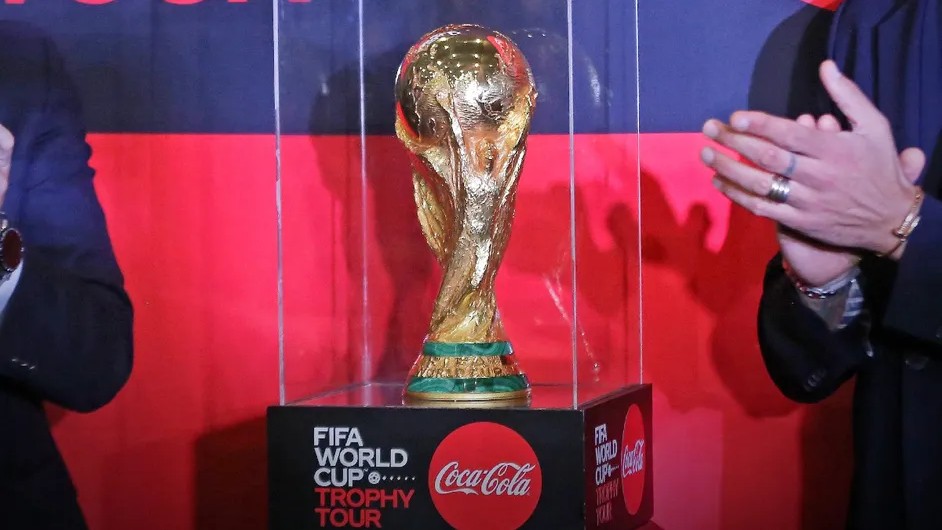
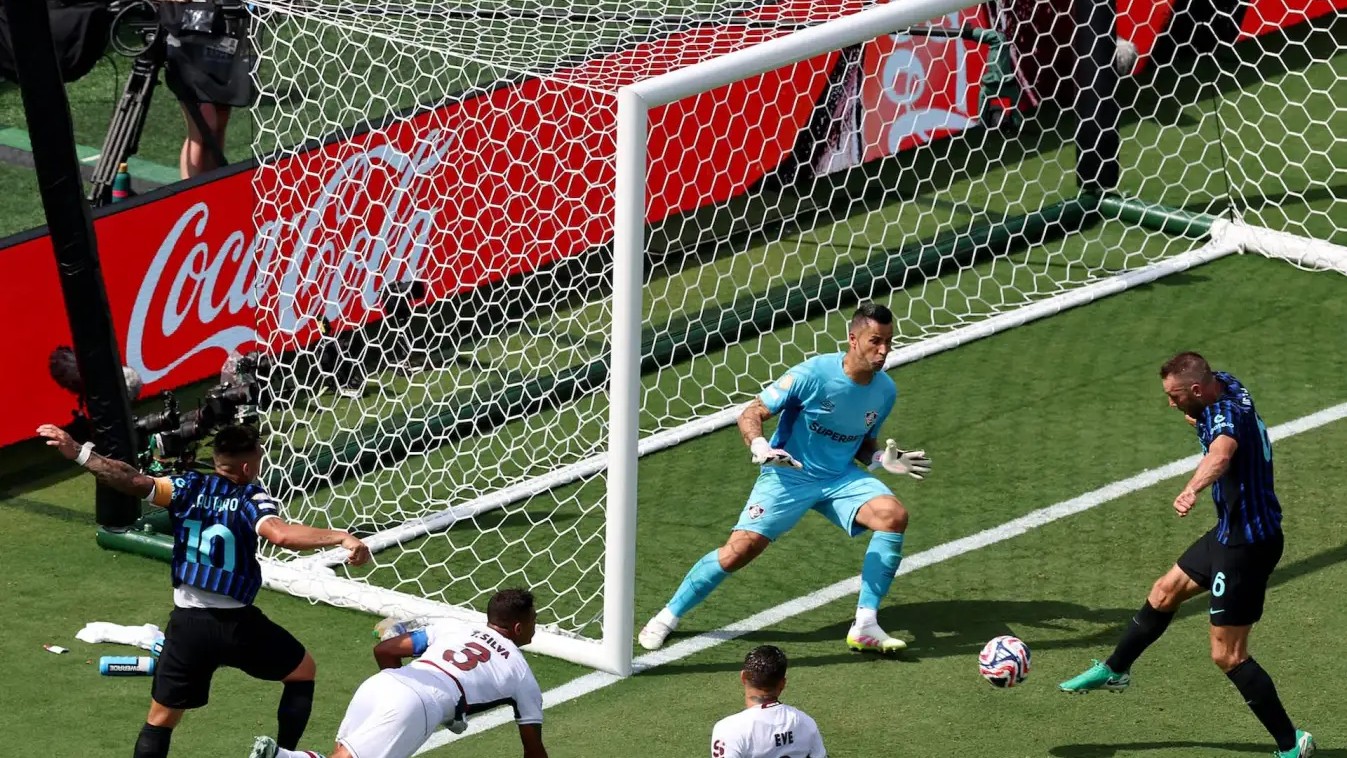

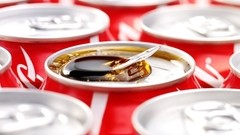
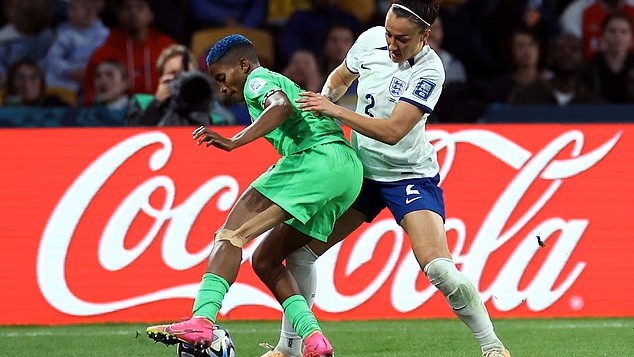
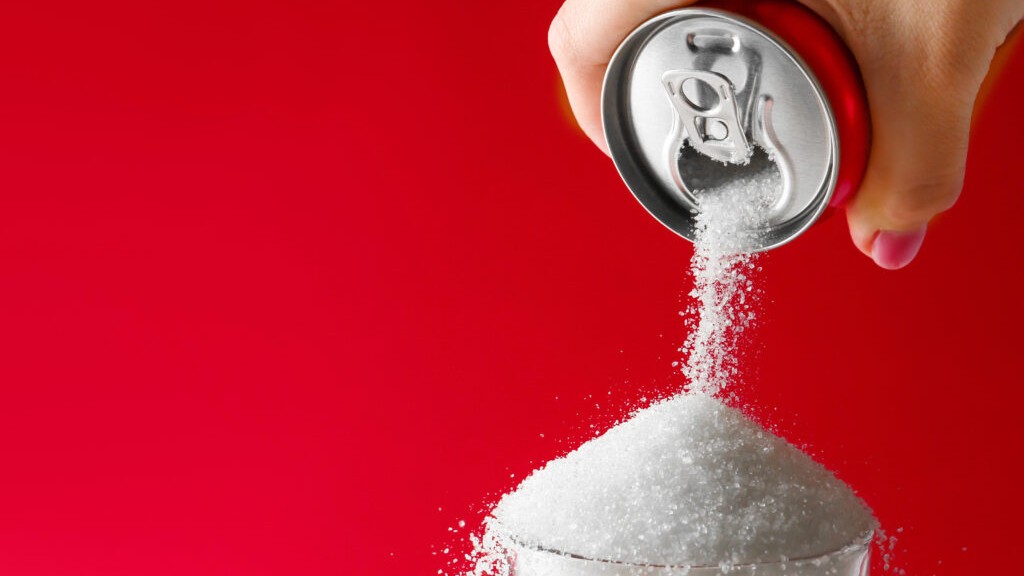
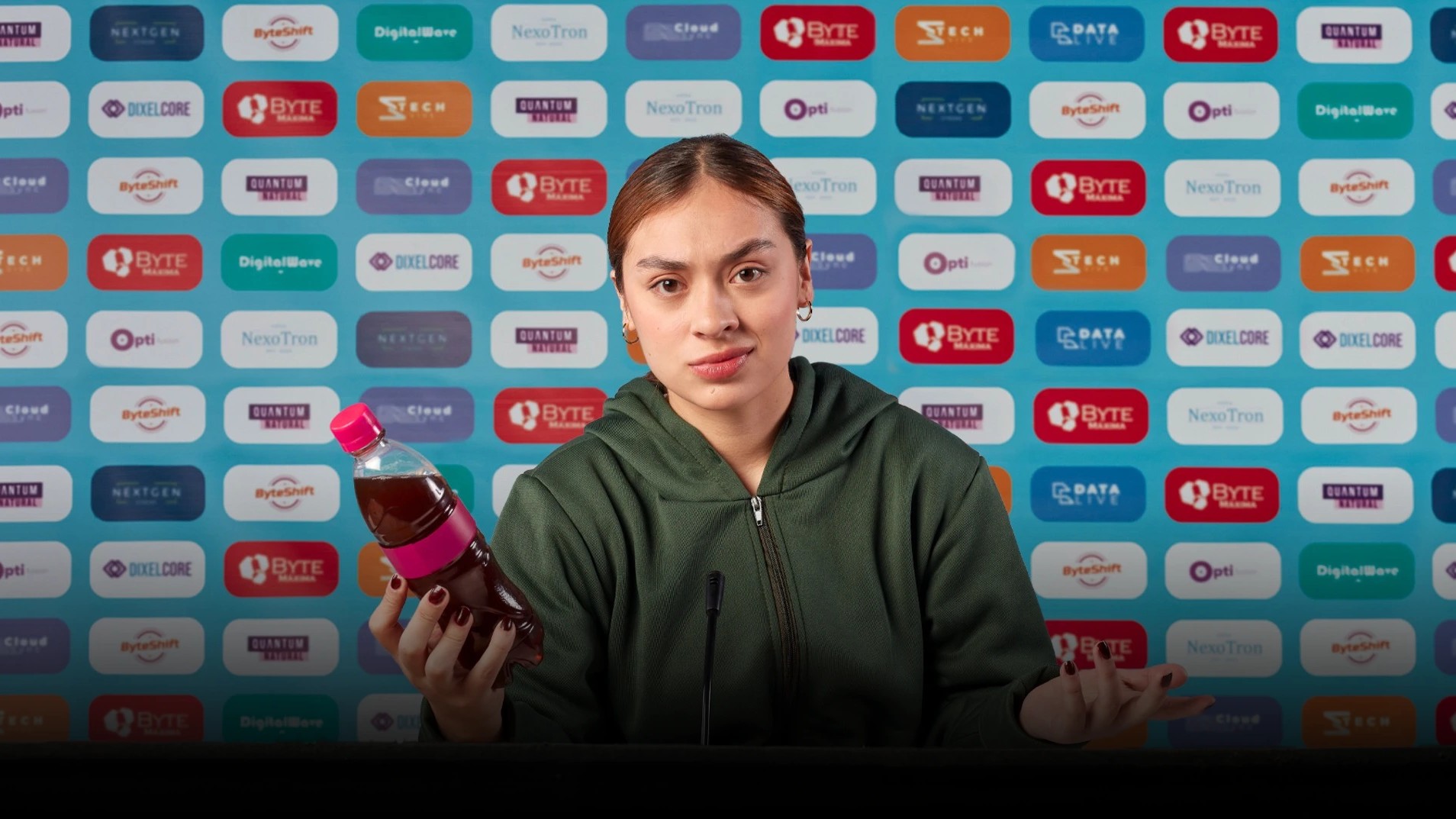




.jpg)


